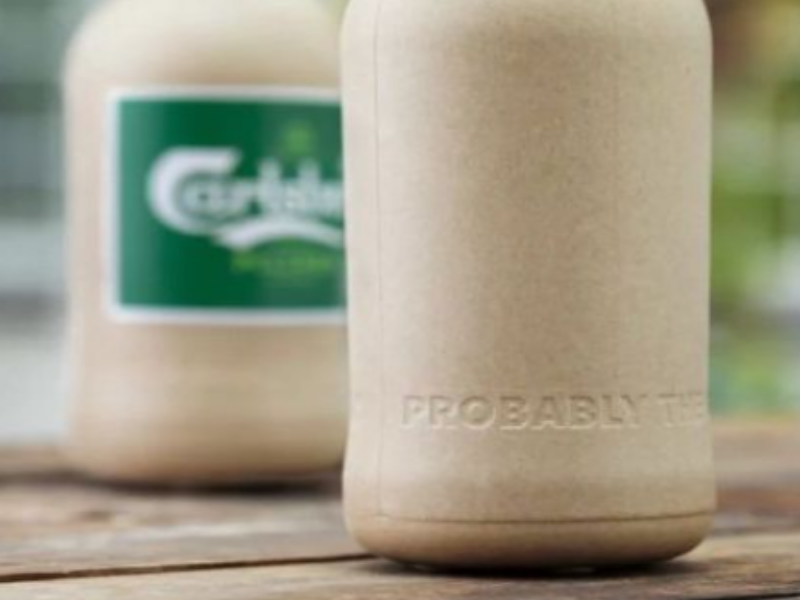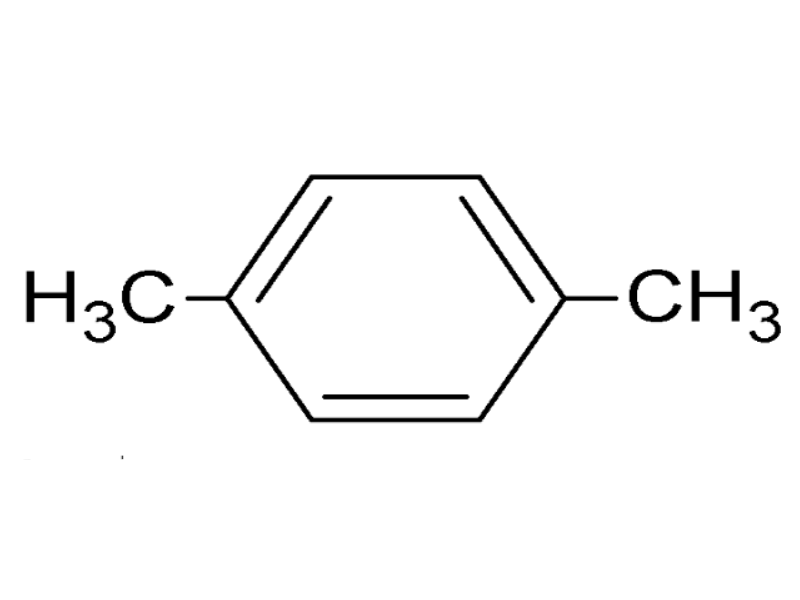Coca-Cola prototypes 100% plant-based bottle.
The Coca-Cola Company has unveiled its first prototype 100% plant-based plastic beverage bottle (excluding the cap and label) using next-generation technologies developed by collaborative partners and which are ready to scale commercially.
Thank you for reading this post, don't forget to subscribe!The new technology prototype bottle marks the most significant advancement in the commercial viability of bioplastics since The Coca-Cola Company introduced the first-generation technology in its PlantBottle packaging in 2009 as the world’s first recyclable PET plastic bottle made with up to 30 per cent plant-based material.
A limited run of approximately 900 of the prototype bottles have been produced.

“We have been working with technology partners for many years to develop the right technologies to create a bottle with 100% plant-based content – aiming for the lowest possible carbon footprint – and it’s exciting that we have reached a point where these technologies exist and can be scaled by participants in the value chain,” said Nancy Quan, chief technical and innovation officer, The CocaCola Company.
PET, the world’s most recycled plastic, comprises two molecules: approximately 30% monoethylene glycol (MEG) and 70% terephthalic acid (PTA). The original PlantBottle includes MEG from sugarcane, but the PTA has been from oil-based sources until now. PlantBottle packaging looks, functions and recycles like traditional PET but has a lighter footprint on the planet and its resources.


Setting plastic reduction goals for 2025
As part of its World Without Waste vision, Coca-Cola is working to make all its packaging more sustainable, including maximising use of recycled and renewable content while minimising use of virgin, fossil material. The company has pledged to collect back the equivalent of every bottle it sells by 2030, so none of its packaging ends up as waste and old bottles are recycled into new ones; to make 100% of its packaging recyclable; and to ensure 50% of its packaging comes from recycled material.
This innovation supports the World Without Waste vision, specifically the recently announced target to use 3 million tons less of virgin plastic from oil-based sources by 2025. The CocaCola Company will pursue this 20% reduction by investing in new recycling technologies like enhancedrecycling, packaging improvements such as light-weighting, alternative business models such as refillable, dispensed and fountain systems, as well as the development of new renewable materials.
In Europe and Japan, Coca-Cola, with its bottling partners, aims to eliminate the use of oil-based virgin PET from plastic bottles altogether by 2030, using only recycled or renewable materials. While most of the
plastic packaging material will come from mechanically recycled content, some “virgin” material will still be needed to maintain quality standards. That’s why Coca-Cola is investing in and driving innovation to boost the supply of feedstock from renewable technologies as well as from enhanced recycling technologies. Enhanced recycling “upcycles” previously used PET plastics of any quality to high quality, food grade PET.


